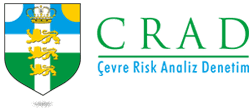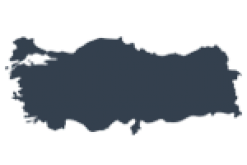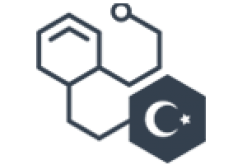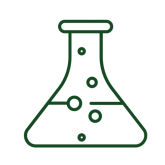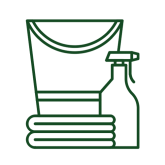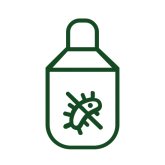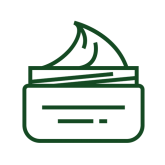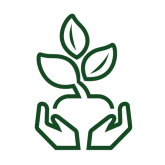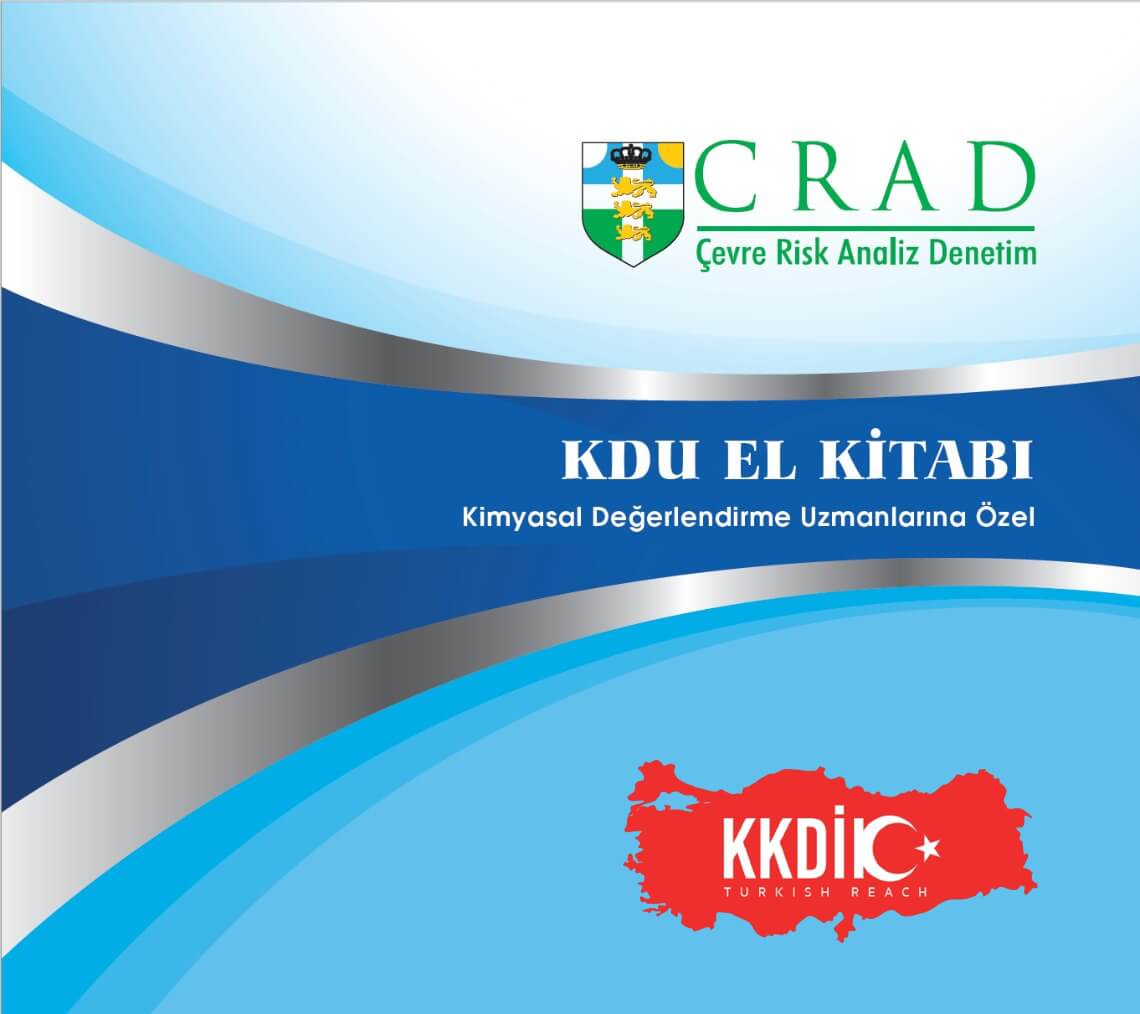TURKEY IMPLEMENTS MEASURES ON SDSs, CLP AND BIOCIDES

Chemical Watch - 2010 December / January
Many chemical companies outside Turkey are familiar with the country’s new chemical inventory and control By-Law, but other chemical laws have been published that have received less coverage abroad. Melih Babayigit looks at those relating to safety data sheets,classification and labelling,biocides and control of major accidents.
A group of regulations were published on 26 December 2008 which all had a transition period of one year and came into force on 26 December 2009. They are the:
*Chemical inventory and control Regulation (8 CW Briefing, November 2010 , 8 CW Briefing, February 2010 );
* Regulation on safety data sheets for dangerous substances and preparations;
* Regulation on classification, labelling and packaging of dangerous substances and preparations; and the
* Restrictions on the marketing and use of certain dangerous substances and preparations.
The regulations are designed to increase the government’s capability to make hazard assessments; prioritise the most hazardous substances; supply data on substances; build a national inventory; and increase awareness of chemical hazards. Companies should note that all of these regulations are already in force with no transition period left, and that the Turkish
Ministry of Environment and Forests plans to increase its enforcement and auditing activities.
SDS provisions
EU companies should bear in mind that even though a new EU Regulation on the preparation of safety data sheets came into force in the EU on 1 December, Turkey stil uses the former SDS format, as set out in the former Annex II of REACH.
The Turkish SDS Regulation requires chemical names, risk and safety phrases, and section headings to be in Turkish. However, judging by the ministry’s experience, some SDSs contain mistranslated phrases and section headings, even in those generated by trusted SDS IT systems.
The Regulation requires a locally certified person to authorise the SDS and provide his certification upon request. Electronic copies of SDSs must be submitted to the ministry the first time a substance or mixture is exported and after each revision of classification or other information. As Turkey has not implemented REACH, including the citation “according to
1907/2006 EC’’ in an SDS does not comply with the Turkish SDS Regulation.
CLP Regulation
The Turkish Regulation on classification, labelling and packaging of dangerous substances and preparations brought Turkish law into line with the 29th adaptation to technical progress of the EU dangerous substances Directive.
Turkey plans to introduce requirements the same as those set out in the EU CLP Regulation by the end of 2012. But before this happens Turkey will continue to use the previous EU symbols and classification system and CLP labelling will not be officially accepted as the Regulation is not harmonised and there is no official translation of hazard and precautionary phrases available yet.
All exporters are strongly advised to use the EU labelling system and requirements that were in effect before the EU CLP Regulation came into force for areas such as
label and symbol size and readability but they should use Turkish symbol names and
risk and safety phrases because the provisions regarding language for SDSs also apply to labels.
Biocides Regulation
The 1998 EU biocidal products Directive is being implemented in Turkey by the Ministry
of Health, which published the Regulation on biocidal products on 31 December 2009. It
requires manufacturers and importers of biocidal products to notify their products on
the market to the ministry by the date of publication – 30 June 2010. To notify a product to the inventory, companies must submit a data form providing the active substance, formulation details and product type, with an SDS and a sample label that meets the Regulation’s special provisions as well as those of the standard chemical labelling. After notification has been
confirmed and accepted by the ministry, companies can apply for product authorisations. Products that have been regulated and authorised by other departments within the ministry prior to the Regulation are allowed on the market until the date their former authorisation expires. However, the notification obligation still applies.
Biocidal products that missed the notification process need to apply for authorisation directly. As the transition period ends on 31 December 2010, a biocidal product which has not been notified or had an authorisation application submitted could be withdrawn from the market or refused custom clearance after this date. In particular, product types 1-5 and 14,18 and 19, which are more likely to be used by the general public, must have submitted
authorisation applications before 31 December. For other product types that were notified to the inventory the authorisation application deadline is 30 December 2011.
Industry’s main concern is that these deadlines fall before active substance evaluations will be completed under the EU Directive by rapporteur Member States. If an active substance fails to pass the assessments, the Turkish product authorisation prior to the assessment might be wasted.
SEVESO II implementation
The Regulation on the Control of Major Accident Hazards Involving Dangerous Substances, which was published on 18 August, applies to local facilities that have inventories of dangerous substances in volumes above a certain limit. Firms with facilities in Turkey which handle or store such substances, should note the deadlines for notification and their obligations, which
vary according to whether a site is “high risk” or “low risk”. The notification deadline
is 18 February 2011.
Melih Babayiğit is general director of regulatory consultancy CRAD (8 CRAD ).
He is a member of the Chemical Hazards Communication Society (CHCS) and the Global Chemical Consultants Network
(GCC-N). His practice focuses on EU, UN and Turkish chemicals-related environmental law.
